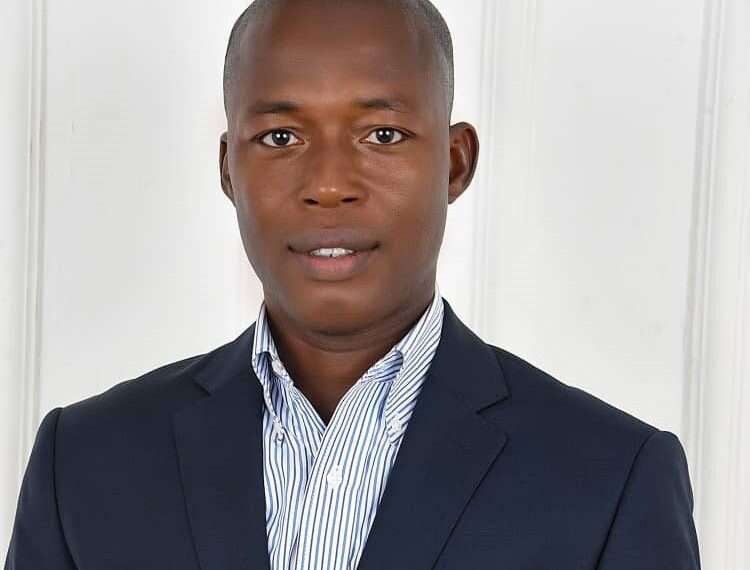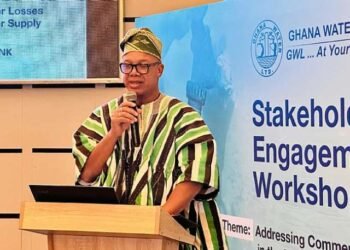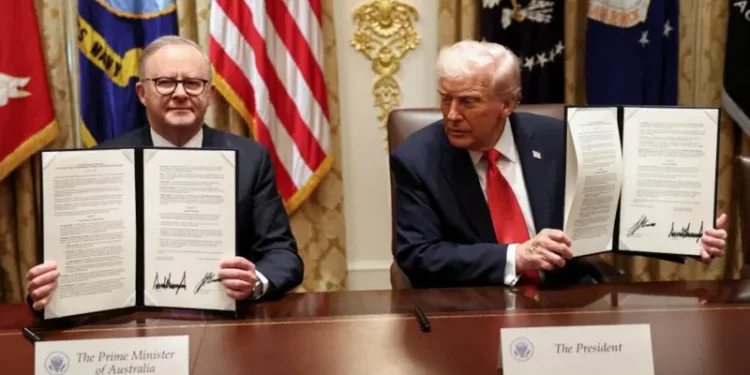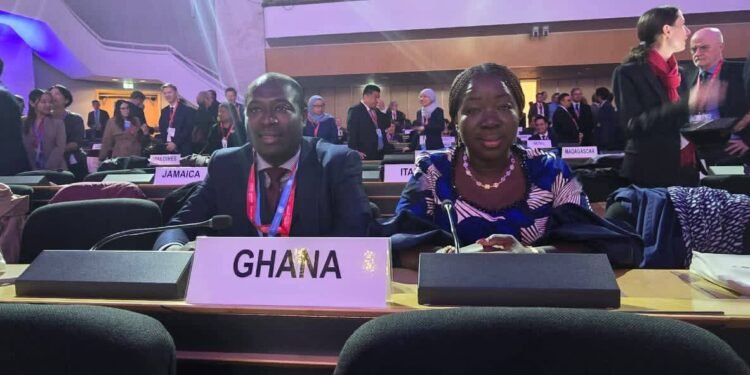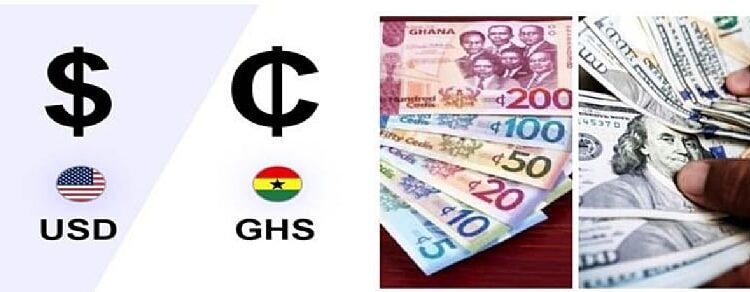Dr Abdul Hakim Ahmed, a renowned Political Science Lecturer at the University of Education, Winneba, in an interview with Vaultz News, has offered a comprehensive assessment of President Akufo-Addo’s administration, reflecting on its policies, governance, and economic management over the past eight years.
While acknowledging certain achievements, Dr Ahmed underscored significant shortcomings in policy implementation and governance that have hindered Ghana’s progress.
Dr Ahmed highlighted three flagship policies—Free Senior High School (SHS), One District, One Factory (1D1F), and One Village, One Dam—as hallmark initiatives of the Akufo-Addo administration.
“Some of his policies, like, free SHS, One District One Factory, One Village One Dam, are initiatives that if had been implemented well could have removed this country from the economic and social quagmire that we have found ourselves because these three policies actually are virtually the cause of our economic challenges.
“The Free SHS initiative handled the question of education which has been a challenge, especially getting education aligned with industry, agriculture, and the entirety of the economy. So if that policy has been implemented in that direction expertly that could have resolved that question.”
Dr Abdul Hakim Ahmed, Political Science Lecturer at the University of Education, Winneba
Explaining further, Dr Ahmed pointed out that the outgoing government’s flagship One Village, One Dam if well implemented could have ensured year-round agriculture, reduced food imports, and tackled rural water challenges.
He also argued that the One District, One Factory could have revolutionized industry and curbed youth unemployment, but lamented that the administration’s failure to implement these policies expertly has left Ghana grappling with the same challenges.
Assessing the Free SHS policy, Dr. Ahmed acknowledged its role in expanding enrollment and keeping children off the streets. Yet, he raised concerns about overcrowded facilities, inadequate learning materials, and poor nutritional standards, which he linked to student health issues. “The policy has overstretched the education budget, leaving schools without essential infrastructure like laboratories, workshops, and computers,” Dr. Ahmed observed.
He also criticized the blanket approach to free education, calling for targeted subsidies for students from disadvantaged backgrounds to ensure sustainability and equity. “Providing free education to the children of the wealthy alongside the poor is unfair and unsustainable. Resources could have been better allocated to enhance infrastructure and provide 21st-century skills,” he suggested.
Economic Management: Fragility Exposed
Assessing the outgoing government’s management of the Ghanaian economy, Dr. Ahmed described the Ghanaian economy as inherently fragile and vulnerable to external shocks, exacerbated by the Akufo-Addo administration’s heavy reliance on Eurobond borrowing.
He noted that while previous administrations had resorted to external borrowing, the Akufo-Addo government’s unprecedented levels of borrowing pushed the economy to a breaking point.
“The administration borrowed more from the Eurobond market than all its predecessors combined, leaving the economy dangerously reliant on external financing. When COVID-19 and the Russia-Ukraine war struck, the economy crumbled, leading to record inflation, a currency crisis, and eventual recourse to an IMF bailout.”
Dr Abdul Hakim Ahmed, Political Science Lecturer at the University of Education, Winneba
Dr. Ahmed acknowledged the short-term stability achieved under the IMF program but cautioned that the structural weaknesses in Ghana’s economy remain unaddressed. “As soon as we exit the IMF program, another crisis is inevitable unless fundamental reforms are undertaken.” he remarked.
Energy Sector: Reliability at a Cost
On the outgoing government’s handling of the country’s energy sector, Dr. Ahmed credited the Akufo-Addo administration with ensuring reliable electricity supply compared to the “dumsor” crisis under the Mahama government.
However, he criticised the accumulation of debt within the Electricity Company of Ghana (ECG) and other generating agencies, calling it a symptom of the broader liquidity challenges facing the economy. “Reliability in electricity supply is positive, but it has come at the cost of huge debts and financial instability within the energy sector,” he remarked.
On agriculture, Dr. Ahmed argued that the administration’s agricultural policies must be evaluated against rising food inflation. “Despite the rhetoric around programs like Planting for Food and Jobs, food inflation continues to rise, reflecting the failure of these policies to achieve food security,” he said.
Dr. Ahmed strongly asserted that while President Akufo-Addo’s administration introduced bold policies, its legacy is marred by poor implementation, economic mismanagement, and unfulfilled promises.
“This government has not done anything fundamentally different from its predecessors. If anything, it has deepened Ghana’s reliance on external support and left the economy more vulnerable than before.”
Dr Abdul Hakim Ahmed, Political Science Lecturer at the University of Education, Winneba
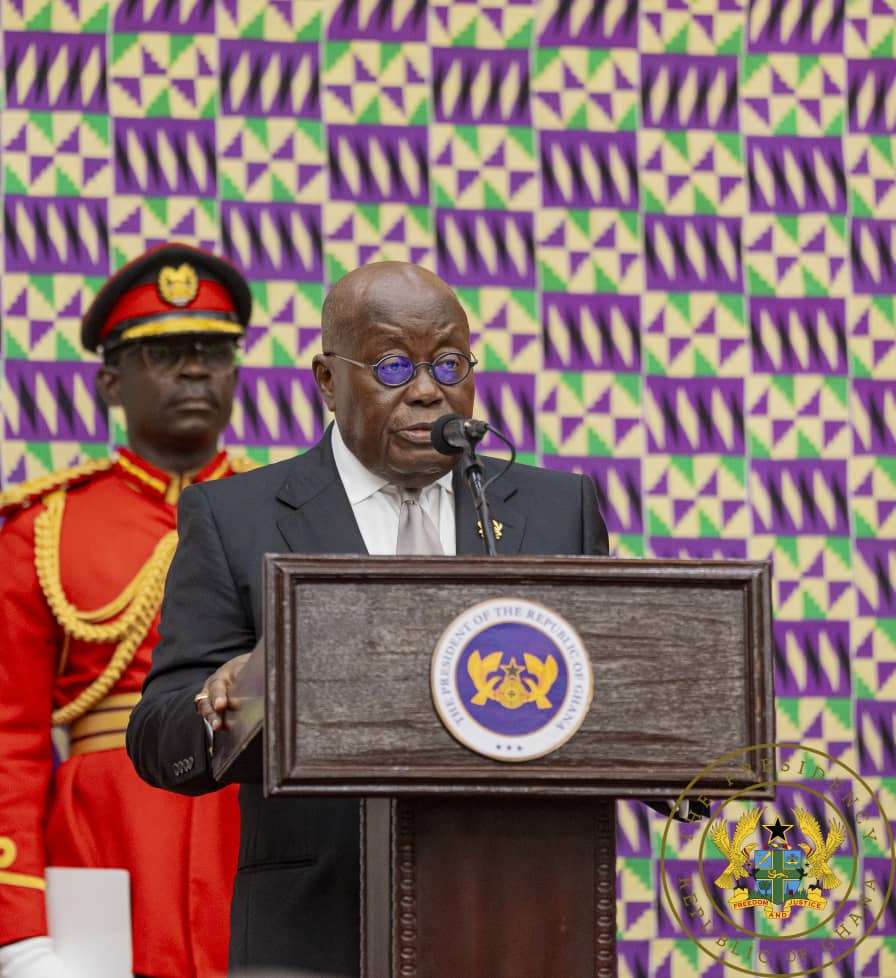
Key Achievements: Education, Diplomacy, and African Integration
Dr. Ahmed acknowledged Free Senior High School (Free SHS) as the most notable achievement of Akufo-Addo’s government. While the policy has faced criticism for issues like overcrowding and inadequate resources, he underscored its societal impact in engaging Ghana’s youth.
“Free SHS has kept children off the streets, engaging them in something beneficial to society rather than leaving them vulnerable to negative influences. To that extent, the policy is a significant contribution to the next generation.”
Dr Abdul Hakim Ahmed, Political Science Lecturer at the University of Education, Winneba
On diplomacy, Dr. Ahmed praised the president’s efforts in maintaining Ghana’s reputation as a stable and cooperative neighbor. He specifically mentioned a diplomatic challenge involving Burkina Faso, where President Akufo-Addo pragmatically resolved tensions that could have escalated into a dispute.
The opening of Ghana’s borders to all African citizens also earned accolades. Dr. Ahmed commended this policy as a visionary step toward African integration and productivity.
“It’s a policy that will be remembered. It facilitates the removal of artificial borders and enhances our collective potential as Africans. This initiative reflects the president’s pragmatism and forward-thinking approach”.
Dr Abdul Hakim Ahmed, Political Science Lecturer at the University of Education, Winneba
Legacy of Missed Opportunities and Systemic Challenges
When asked whether President Akufo-Addo would be remembered as a transformative leader or one defined by missed opportunities, Dr. Ahmed was unequivocal.“His tenure cannot be described as transformational. It is a missed opportunity,” he stated.
Dr. Ahmed emphasized that the administration struggled to address systemic issues such as corruption, adversarial politics, and overreliance on foreign aid.
He pointed out that the political system, marked by acrimony and winner-takes-all dynamics, has stifled genuine progress.“Our political system treats opponents—both within and outside parties—as mortal enemies. This adversarial culture makes meaningful transformation almost impossible,” he explained.
Dr. Ahmed also criticized the pervasive influence of money in politics, noting that the high cost of campaigns often leads to unethical practices. He cited a study by CDD-Ghana, which highlighted the dubious sources of political funding.
“Unless we address the toxic combination of corruption and zero-sum politics, future governments will repeat the same patterns. Without systemic reforms, I don’t foresee significant change under the next administration”.
Dr Abdul Hakim Ahmed, Political Science Lecturer at the University of Education, Winneba
One of the most pressing concerns raised by Dr. Ahmed was Ghana’s economic dependency on foreign aid and donations. He cautioned against the perception that donor funds come without strings attached.
“Nothing is free. Donor funding gives external entities control over our economic destiny. Until we shift away from this dependency, our economy will remain vulnerable”.
Dr Abdul Hakim Ahmed, Political Science Lecturer at the University of Education, Winneba
Dr. Ahmed called for a complete overhaul of Ghana’s economic strategy, emphasizing the need for self-reliance and sustainable growth.
Lessons for Future Administrations
Dr. Ahmed concluded by highlighting key lessons for Ghana’s incoming government and future leaders. He called for a shift in political culture, prioritizing inclusivity and cooperation over division and hostility.
“Ghana needs a political system that fosters collaboration rather than acrimony. We must move beyond winner-takes-all politics and work towards a governance model that serves the collective interest”.
Dr Abdul Hakim Ahmed, Political Science Lecturer at the University of Education, Winneba
Dr. Ahmed also urged future administrations to prioritize economic independence, structural reforms, and the eradication of corruption.
As Ghana transitions to a new administration, Dr. Ahmed called for a renewed focus on effective governance, sustainable economic policies, and transformative leadership to address the structural challenges facing the nation.
READ ALSO: Akufo-Addo Leaves Ghana’s Energy Sector Struggling with Debt



